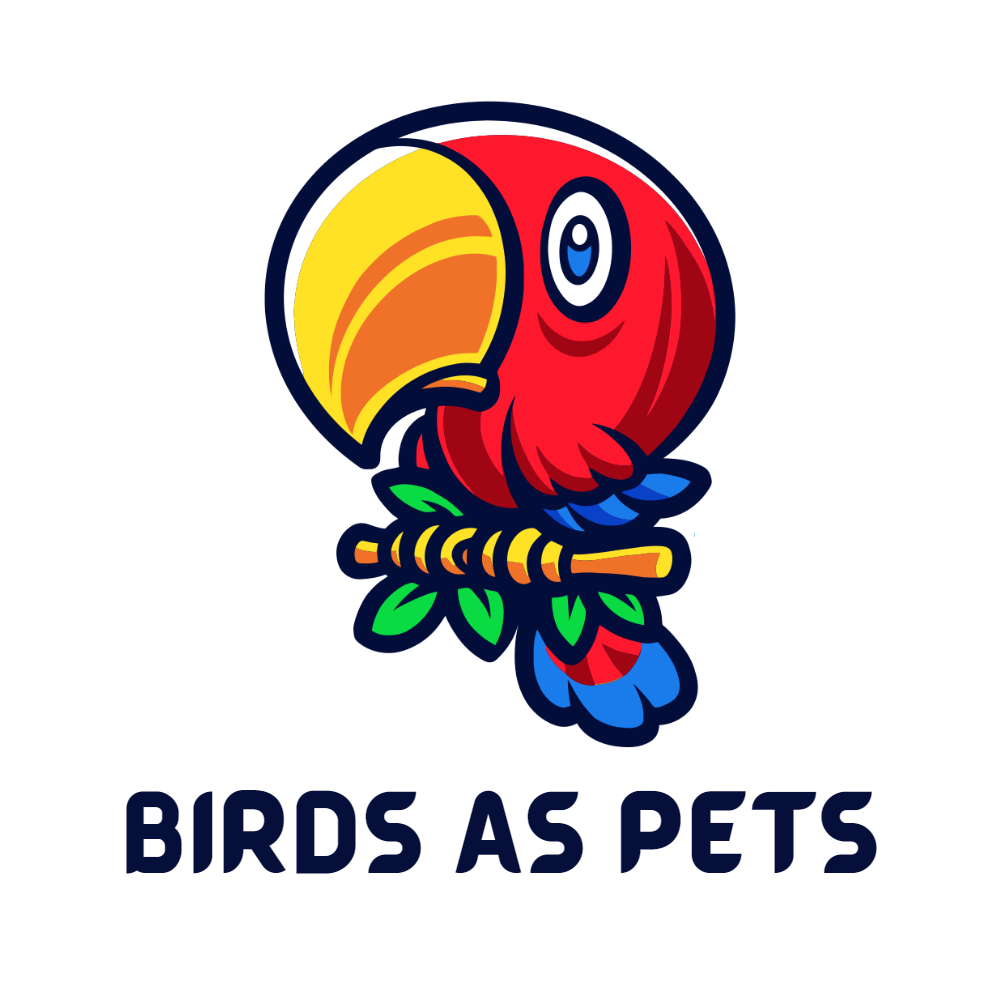If you’re considering adding a vibrant and entertaining feathered friend to your family, Green Cheek Conures might be the perfect pet for you. These small parrots are known for their colorful personalities, intelligence, and affectionate nature. In this article, we’ll cover everything you need to know about Green Cheek Conures as pets, from their natural habitat to the cost and care involved in keeping one as a companion.
Quick Reference Table: Green Cheek Conures Facts
| Fact | Detail |
|---|---|
| Size | 10 inches in length |
| Weight | 65-80 grams |
| Life Expectancy | 15-25 years (up to 30 years with proper care) |
| Native Habitat | South America (Brazil, Bolivia, Argentina, and Paraguay) |
| Temperament | Affectionate, intelligent, playful, and social |
| Noise Level | Low to moderate |
Where Do Wild Green Cheek Conures Live?
Green Cheek Conures are native to South America, specifically the countries of Brazil, Bolivia, Argentina, and Paraguay. In their natural habitat, they are found in forests and wooded areas, often living in small flocks. They are known for their agility and ability to adapt to a variety of environments, making them well-suited for life as pets.
Green Cheek Conures Lifespan: How Long Do They Live as Pets?
When properly cared for, Green Cheek Conures can live between 15 and 25 years, with some even reaching 30 years of age. It’s essential to provide them with a healthy diet, clean environment, and regular veterinary care to help ensure a long and happy life. Additionally, Green Cheek Conures require a significant time commitment, as they thrive on social interaction and mental stimulation.
Are Green Cheek Conures Good Pets?
Yes, Green Cheek Conures make excellent pets due to their affectionate nature, intelligence, and playful demeanor. They form strong bonds with their human caretakers and can be quite entertaining with their antics and vocalizations. As social creatures, they require lots of interaction and enrichment to stay happy and healthy.
Are Green Cheek Conures as Pets Good for Beginners?
Green Cheek Conures can be a good choice for first-time bird owners due to their low noise levels, manageable size, and friendly demeanor. However, it’s essential to research their care and requirements thoroughly to ensure you can provide a suitable environment and meet their social needs.
Are Green Cheek Conures Easy to Care For?
While Green Cheek Conures are relatively low-maintenance compared to other parrot species, they still require consistent care and attention. This includes providing a balanced diet, clean living spaces, and regular mental and physical stimulation. Ensuring their well-being may require a moderate amount of time and effort but results in a rewarding experience for both the bird and their caretaker.
Green Cheek Conures Pros and Cons
| Pros | Cons |
|---|---|
| Affectionate and social | Can be demanding of attention |
| Intelligent and trainable | Requires mental stimulation |
| Low to moderate noise levels | Can be destructive if bored |
| Small size | Requires a spacious cage |
Green Cheek Conures Price and Costs
The initial cost of a Green Cheek Conure can range from $200 to $500 depending on the breeder, age, and color mutation. Setup costs, including a cage, toys, and accessories, can range from $300 to $500. Ongoing expenses include food, veterinary care, and replacementtoys, which can average around $30 to $50 per month.
Where to Buy Green Cheek Conures
When looking to purchase a Green Cheek Conure, it’s essential to find a reputable breeder or rescue organization. Research the breeder’s reputation, ask for references, and visit their facility to ensure they are providing proper care for their birds. Adopting from a rescue organization can also be a rewarding experience, as you’ll be providing a loving home for a bird in need.
Caring for Green Cheek Conures
Proper care for your Green Cheek Conure includes a balanced diet, a clean and spacious living environment, and regular veterinary checkups. Additionally, it’s essential to provide them with plenty of social interaction, mental stimulation, and exercise to ensure their overall well-being.
Green Cheek Conures Food
A balanced diet for Green Cheek Conures should consist of high-quality pellets, fresh fruits and vegetables, and a limited amount of seeds and nuts. Occasional treats, such as millet sprays or bird-safe table foods, can also be offered in moderation. Avoid feeding your Conure foods that are high in fat, sugar, or salt, and always consult your veterinarian for specific dietary recommendations.
Health and Common Issues
Green Cheek Conures are generally healthy birds, but they can be prone to certain health issues, such as feather plucking, respiratory infections, and beak overgrowth. Regular veterinary checkups and maintaining a clean living environment can help prevent many of these issues. Be sure to monitor your Conure for any signs of illness and consult with a veterinarian if you notice any changes in behavior, appetite, or appearance.
Signs of Healthy Green Cheek Conures vs. a Sick One
| Healthy Green Cheek Conure | Sick Green Cheek Conure |
|---|---|
| Bright and alert | Lethargic or unresponsive |
| Smooth, well-groomed feathers | Ruffled, plucked, or discolored feathers |
| Clear, bright eyes | Discharge, swelling, or cloudiness in the eyes |
| Normal appetite | Loss of appetite or changes in eating habits |
| Active and playful | Decreased activity or reluctance to play |
Green Cheek Conures Pet Insurance
When it comes to your beloved Green Cheek Conure, you always want to be prepared for the unexpected. Pet insurance can provide you with peace of mind, knowing that your feathery friend is covered for accidents and illnesses. Look for an insurance provider that specializes in avian or exotic pet coverage, and make sure to carefully read the policy details, including any exclusions and waiting periods.
Personality and Behavior
Green Cheek Conures are known for their playful, affectionate, and intelligent nature. They enjoy spending time with their human companions and can be quite entertaining with their acrobatics and antics. These birds are also quite curious and love to explore their surroundings. With proper socialization and training, Green Cheek Conures can become well-behaved and loving pets.
Are Green Cheek Conures Social?
Yes, Green Cheek Conures are highly social creatures. They thrive in environments where they receive plenty of attention, interaction, and mental stimulation. Regular playtime, socialization, and training are essential for keeping your Green Cheek Conure happy and healthy. It’s also important to provide them with a variety of toys and enrichment activities to keep them engaged and entertained.
Speech and Noise of Green Cheek Conures
Green Cheek Conures are known for their relatively quiet demeanor compared to other parrot species. However, they can still produce a variety of vocalizations, including whistles, chirps, and even some mimicking of human speech. While they may not be as skilled at talking as some other parrot species, they can learn a few words and phrases with consistent training.
Similar Species to Green Cheek Conures
There are several species of conures that share similarities with Green Cheek Conures, such as the Sun Conure, Jenday Conure, and Nanday Conure. While these birds have different colorations and patterns, they all share the same playful, intelligent, and social nature that makes them popular pets.
Can Green Cheek Conures Live With Other Pets and Birds?
Green Cheek Conures can generally coexist with other pets and birds, provided that they are introduced gradually and supervised closely during initial interactions. It’s essential to monitor their behavior and ensure that all pets are getting along well. Keep in mind that each bird and pet has its unique personality, so compatibility may vary.
Are Green Cheek Conures Legal to Have as Pets?
In most areas, Green Cheek Conures are legal to have as pets. However, it’s essential to check your local laws and regulations, as some regions may have restrictions on owning exotic birds. Additionally, make sure to obtain your Green Cheek Conure from a reputable breeder or rescue organization that can provide proper documentation and health records.
Additional Resources
- World Parrot Trust
- Reddit Parrots Community
- Conure Owners Facebook Group
- Avian and Exotic Animal Care
FAQ for Green Cheek Conures as Pets
Do Green Cheek Conures talk?
While Green Cheek Conures are not known for their talking abilities like some larger parrot species, they can still learn a few words and phrases with consistent training.
Are Green Cheek Conures suitable for families with young kids?
Green Cheek Conures can be a good fit for families with young kids, as long as the children are taught how to interact safely and gently with the bird. It’s important to supervise interactions and ensure that the bird is comfortable with the family members.
Can Green Cheek Conures be trained?
Yes, Green Cheek Conures are intelligent and can be trained to perform various tricks and behaviors. Positive reinforcement training methods, such as clicker training, work well with these birds.
How do I know what gender Green Cheek Conures are?
It can be challenging to determine the gender of a Green Cheek Conure visually. The most accurate way to determine their sex is through DNA testing, which can be done by a veterinarian or a specialized lab.
How long do GreenCheek Conures live?
With proper care, a healthy diet, and a clean environment, Green Cheek Conures can live up to 20-30 years. Regular veterinary check-ups and keeping an eye on their overall health will help ensure a long, happy life for your feathered friend.
What should I feed my Green Cheek Conure?
A well-balanced diet is crucial for the health and well-being of your Green Cheek Conure. Provide them with a mix of high-quality pellets, fresh fruits, vegetables, and occasional seeds and nuts. Be sure to avoid feeding them any toxic or unhealthy foods, such as chocolate, avocado, or foods high in salt and sugar.

